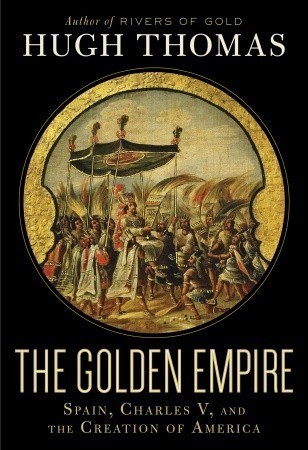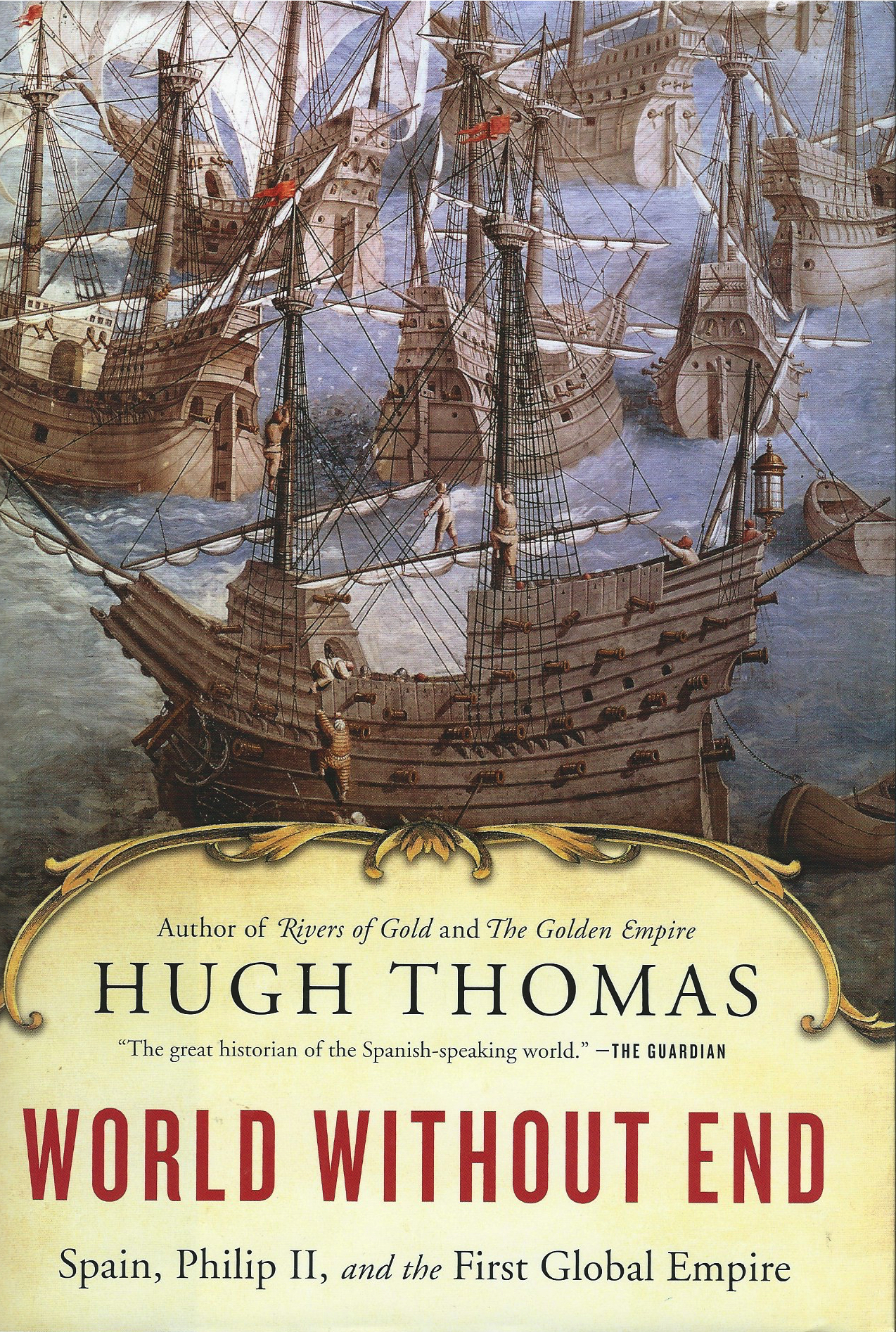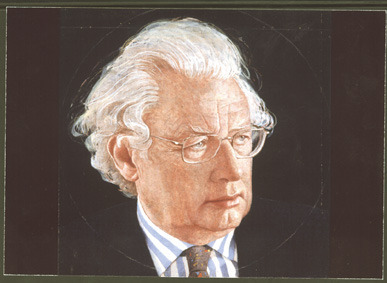


Books in series

Rivers of Gold
The Rise of the Spanish Empire
2002

The Golden Age
The Spanish Empire of Charles V
2010

World Without End
Spain, Philip II, and the First Global Empire
2014
Author

Librarian’s note: There is more than one author in the Goodreads database with this name. Hugh Swynnerton Thomas, Baron Thomas of Swynnerton, was a British historian and Hispanist. Thomas was educated at Sherborne School in Dorset before taking a BA in 1953 at Queens' College, Cambridge. He also studied at the Sorbonne in Paris. His 1961 book The Spanish Civil War won the Somerset Maugham Award for 1962. A significantly revised and enlarged third edition was published in 1977. Cuba, or the Pursuit of Freedom (1971) is a book of over 1,500 pages tracing the history of Cuba from Spanish colonial rule until the Cuban Revolution. Thomas spent 10 years researching the contents of this book. Thomas was married to the former Vanessa Jebb, daughter of the first Acting United Nations Secretary-General Gladwyn Jebb. From 1966 to 1975 Thomas was Professor of History at the University of Reading. He was Director of the Centre for Policy Studies in London from 1979 to 1991, as an ally of Prime Minister Margaret Thatcher. He became a life peer as Baron Thomas of Swynnerton, of Notting Hill in Greater London in letters patent dated 16 June 1981. He has written pro-European political works, as well as histories. He is also the author of three novels. Thomas' The Slave Trade: The Story of the Atlantic Slave Trade, 1440-1870 "begins with the first Portuguese slaving expeditions, before Columbus' voyage to the New World, and ends with the last gasp of the slave trade, long since made illegal elsewhere, in Cuba and Brazil, twenty-five years after the American Emancipation Proclamation," according to the summary on the book jacket. Thomas should not be confused with two other historical writers: W. Hugh Thomas writes about Nazi Germany and Hugh M. Thomas is an American who writes on English history.